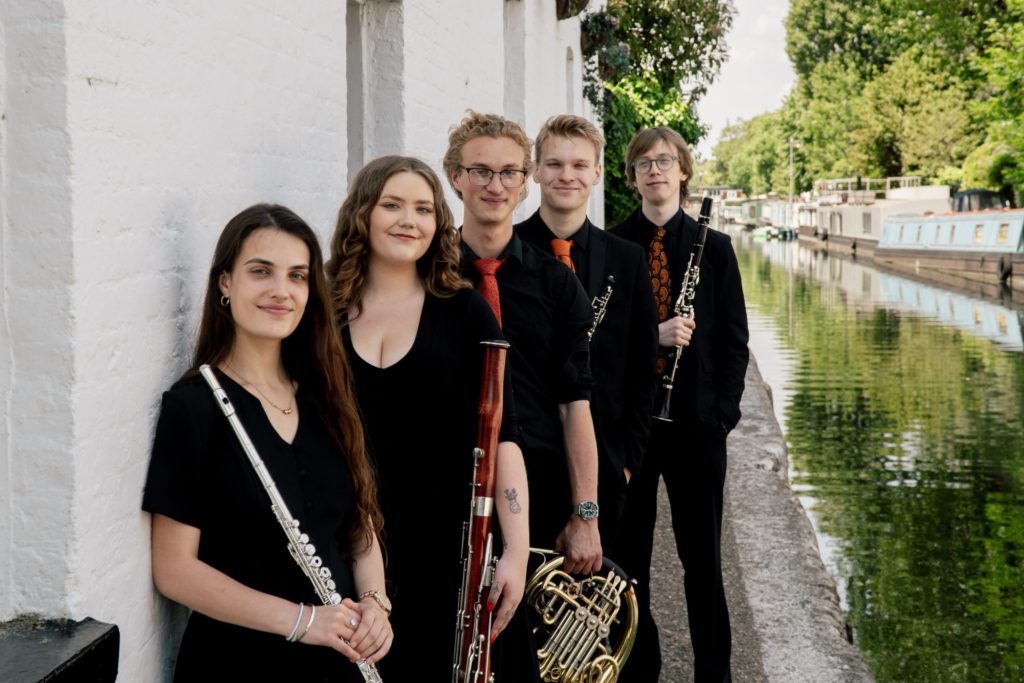
BMS York presents Lumas Winds, Sir Jack Lyons Concert Hall, University of York, January 5
LUMAS Winds opened their programme with a confident performance of Mozart’s Magic Flute Overture. There are no hiding places in this music; technique is very much on the line and the crisply articulated playing throughout was both brave as well as admirable. Enjoyable too.
David Matthews’ Three Woodwind Studies, a set of personal, intimate portraits, was a delight. A Song For Emma (solo flute), with its charming melodic ebb and flow, was beautifully judged by Beth Stone.
Chris Vettraino’s performance of A Birthday Song (oboe) was both haunting and hypnotic. A Study For Sam (solo clarinet) was a first performance and proved to be a quirky, fun-filled gem.
Mozart’s Divertimento in F is an early work written in 1775. To be sure, it is more of a window into what was to come, but impressive nonetheless. The writing was full of confidence with each instrument given a share of the spoils. The playing was wonderful, the balance impeccable.
Sally Beamish’s The Naming Of Birds proved to be an evocative set of character pieces; very imaginative and quite unlike anything I have heard before. Each of these five demanding movements had five soloists evoking the call of each bird – partridge (horn), lapwing (oboe) and so forth.
I did find the actual live recorded introductions a tad contrived and frankly unnecessary, but it was a very engaging work and very well performed. However, not for the first time when listening to Ms Beamish’s music, the work left me impressed rather than moved.
Actually, I felt the same about Malcom Arnold’s Three Shanties. Impressive performances, impressive writing but …well, it put a smile on my face. Sally Beamish’s arrangement of Mozart’s Adagio for Glass Harmonica was an entirely musical affair. The sound was so seductive with the cor anglais replacing the oboe “to give a warm, dark quality to the quintet”. Which it did. How inspired.
Unlike Anton Reicha’s Two Andantes and an Adagio. The music was pretty forgettable, in fact I’ve forgotten it already, but the performance certainly wasn’t. Delightful.
Lumas Winds ended this splendid concert with the best work in the programme – apart from the Mozart, obviously – in Elizabeth Maconchy’s terrific Wind Quintet. It was so well written by a composer so clearly still at the top of their game. She was in her mid-seventies.
An opening Allegro of quirky urgency and unsettling metrical changes; the poco Lento more expressive, weaving contrapuntal lines underpinned by a dotted rhythm throughout; the third movement, Vivo, with a bit of a musical spat between clarinet and bassoon; the Andante opening with a short clarinet and horn duo, inviting in the other instruments to the party and the closing Rondo with each soloist having their say and the cute snap ending.
The players were at one with the technical and musical demands. The performance was illuminating.
Review by Steve Crowther
